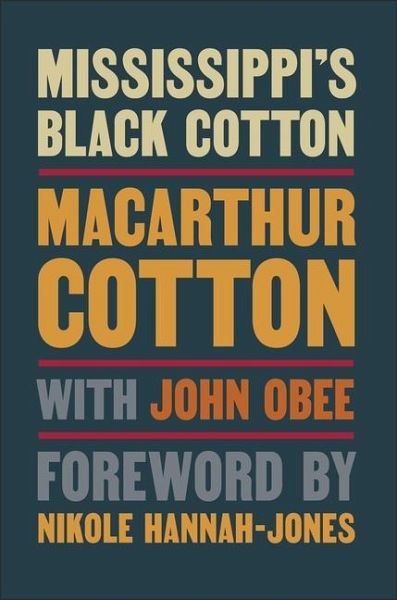"The literature of the Civil Rights Movement is replete with stories about the major actors in the Movement, including Martin Luther King and others, but there is little focus on the MacArthur Cotton's the young Black men and women, who at great risk to their physical and mental health chose to become involved in the Movement when so many others chose not to. Without these young Black men and women there would have been no Movement and what was accomplished with the Civil Rights Acts of the 1960s would never have happened. This was particularly true in Mississippi, the most repressive of all of the States, which had sponsored State terrorism to ensure that white supremacy reigned supreme. And despite having no real reason to believe that change could actually happen, MacArthur and those like him believed that they must act and in MacArthur's case, his actions were in the tradition of his activist family. MacArthur relates his involvement with many of the important figures in the Mississippi Movement, such as Medgar Evers and the Fannie Lou Hamers, but he also honors others like him, who are unknown to history such as the Greenes and McGees in Greenwood, who were waging their own war against their oppressive state. While having been imprisoned many times and having lived in a constant state of terror, MacArthur persisted as a foot soldier in a war and as with all veterans of wars, was left with emotional and psychological scars. But despite the toll that it took on him as a person, he remains a committed activist to this day, indicating that he would do it all over again, even knowing how it affected his life and his career. Without MacArthur and the others like him, the greatest social movement that has ever occurred in this country would not have taken place"--
Hinweis: Dieser Artikel kann nur an eine deutsche Lieferadresse ausgeliefert werden.
Hinweis: Dieser Artikel kann nur an eine deutsche Lieferadresse ausgeliefert werden.








